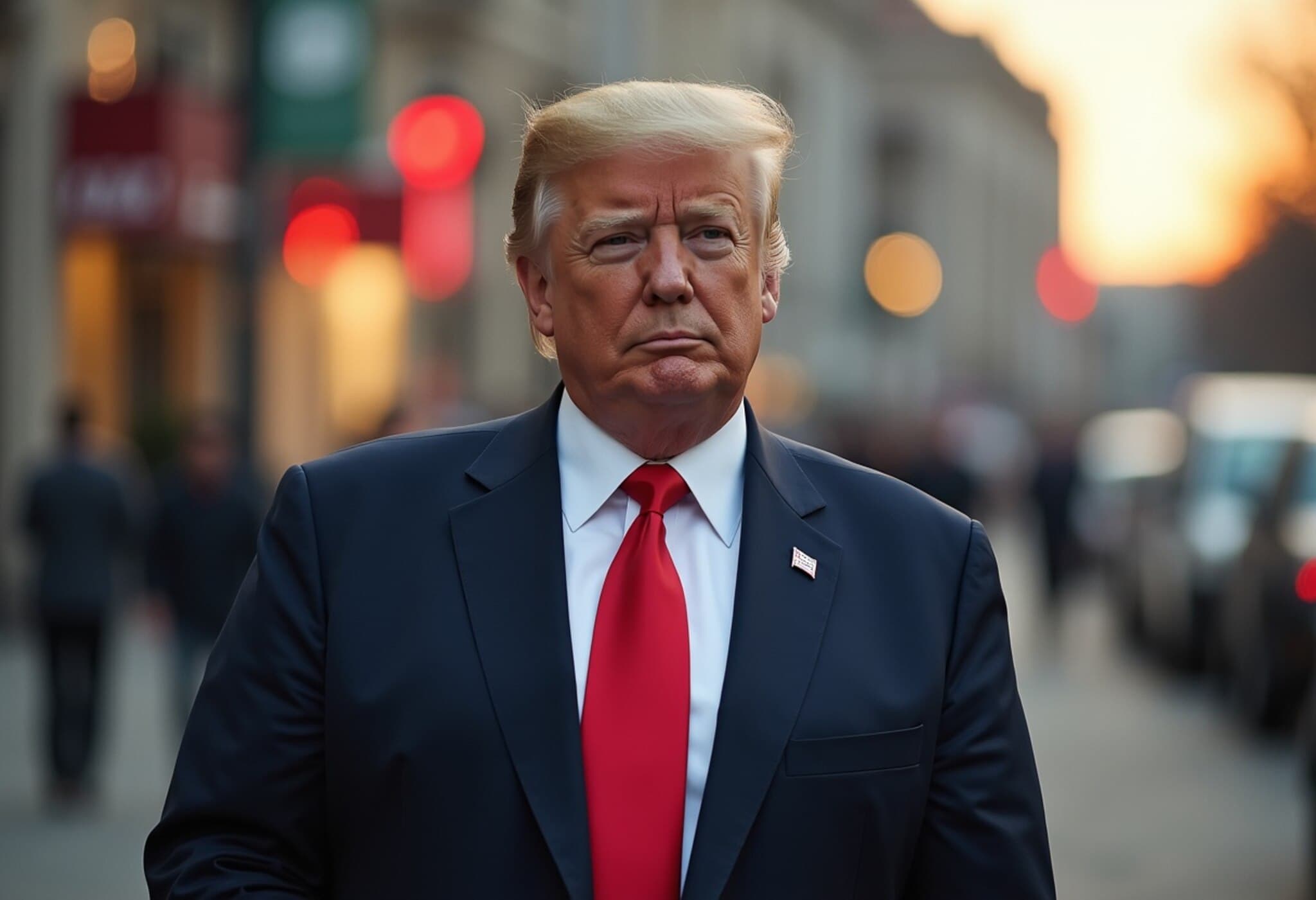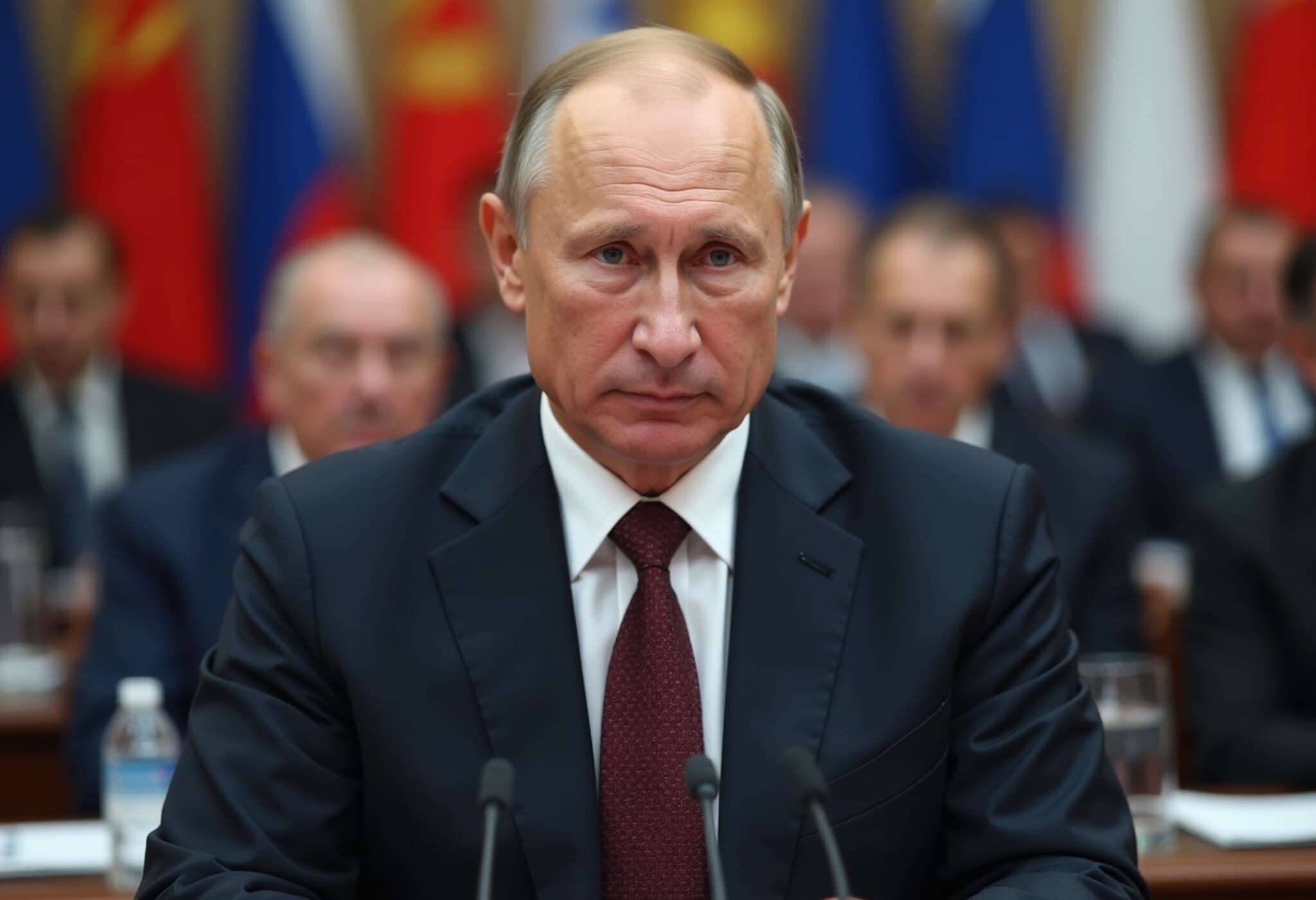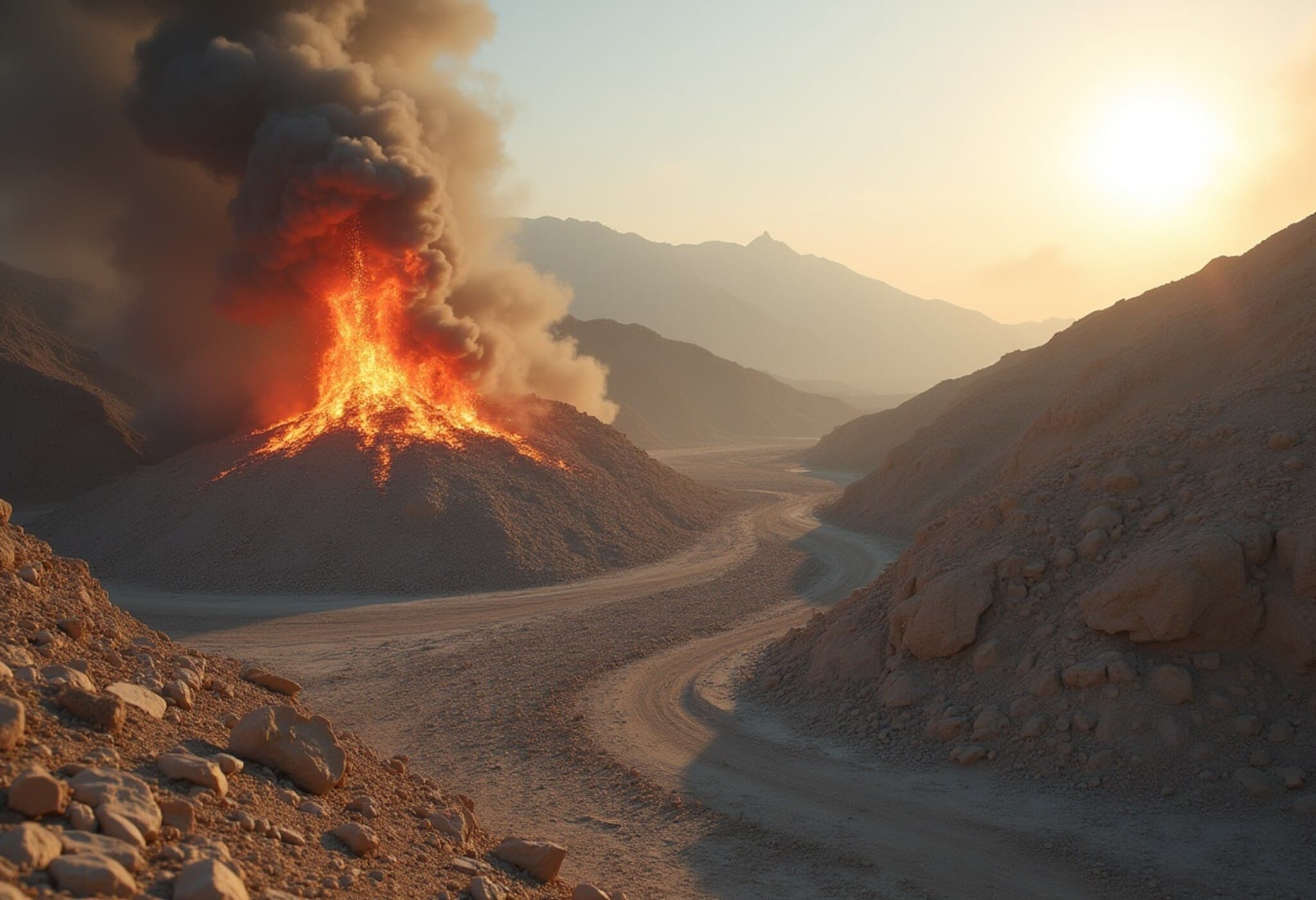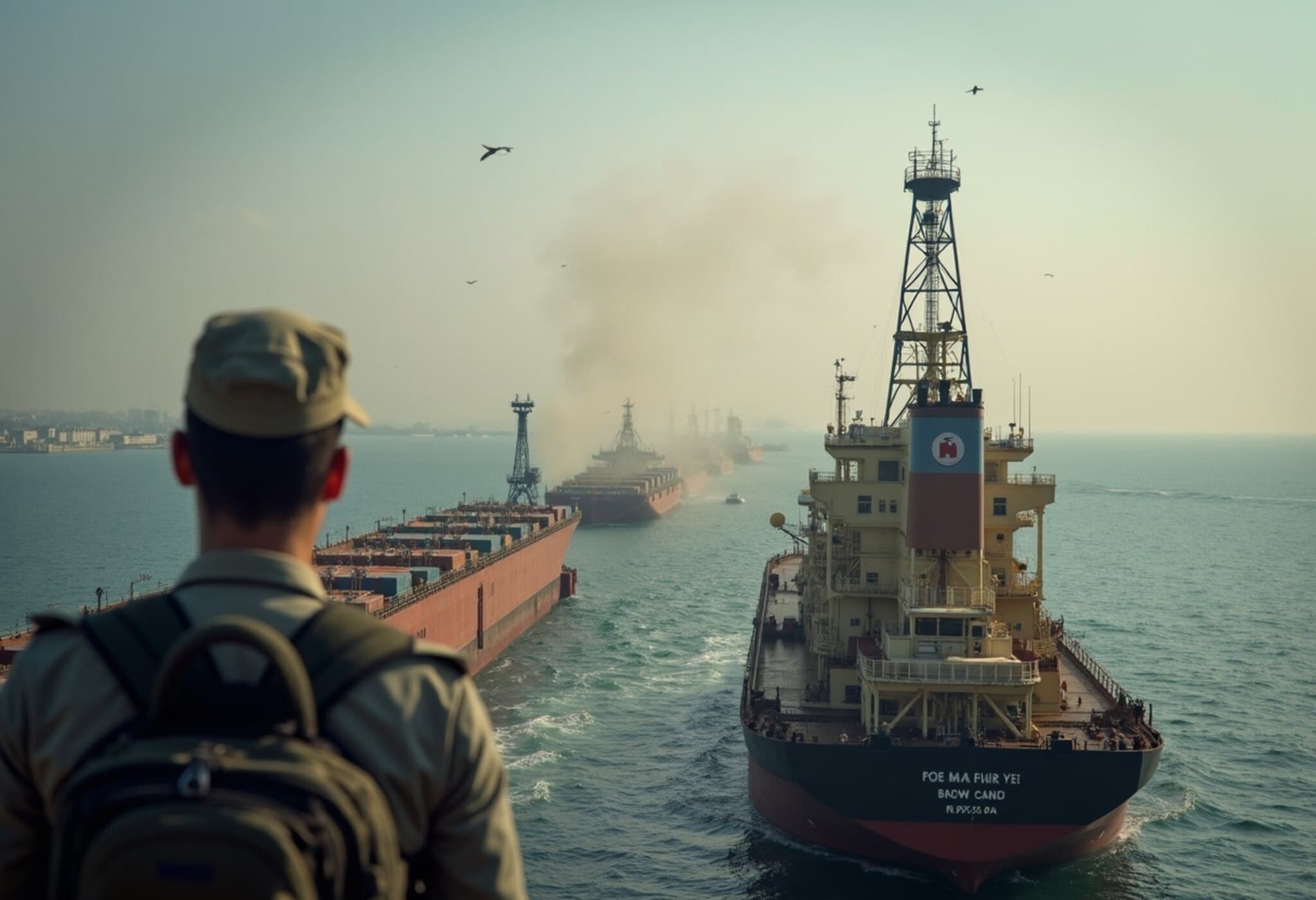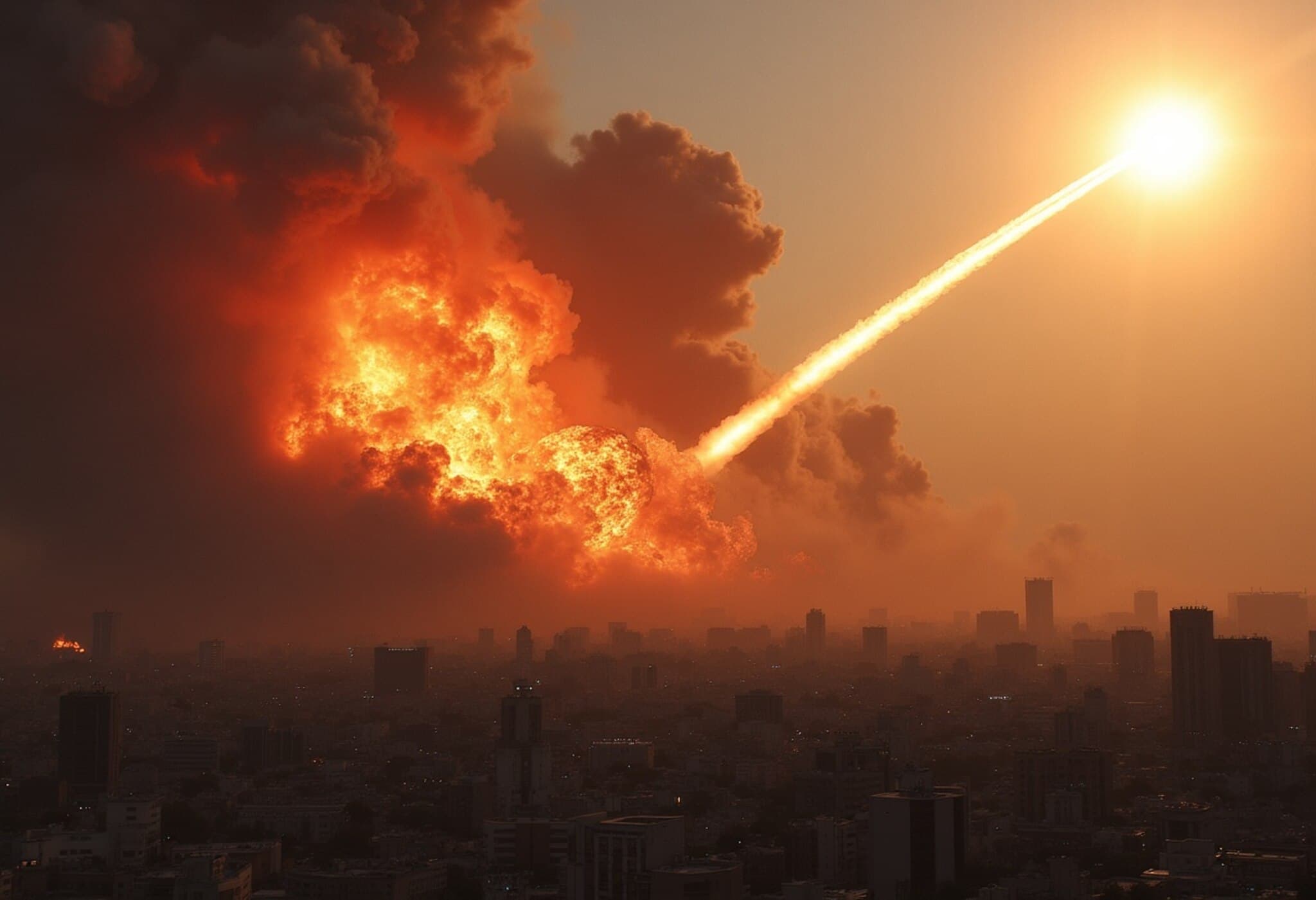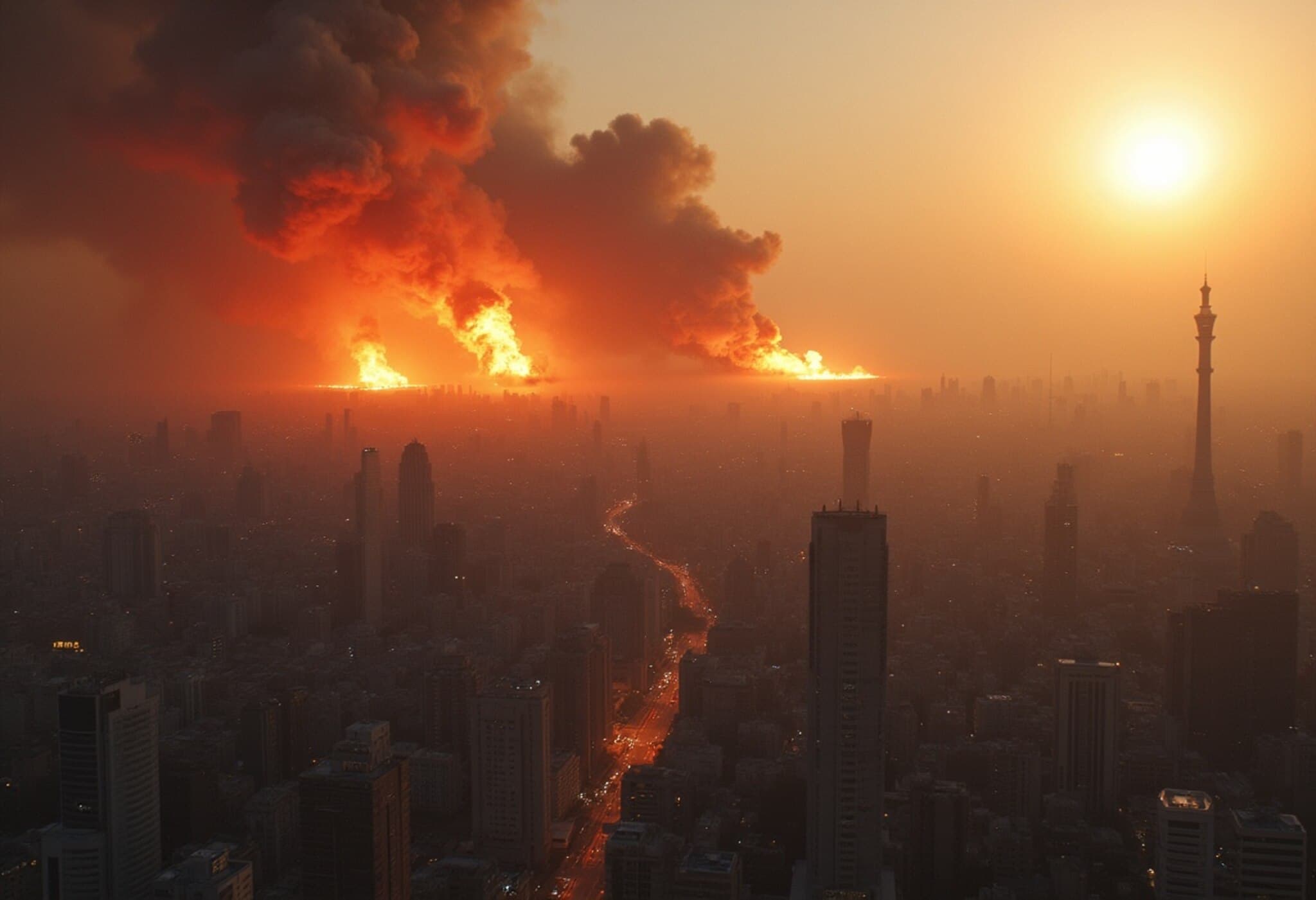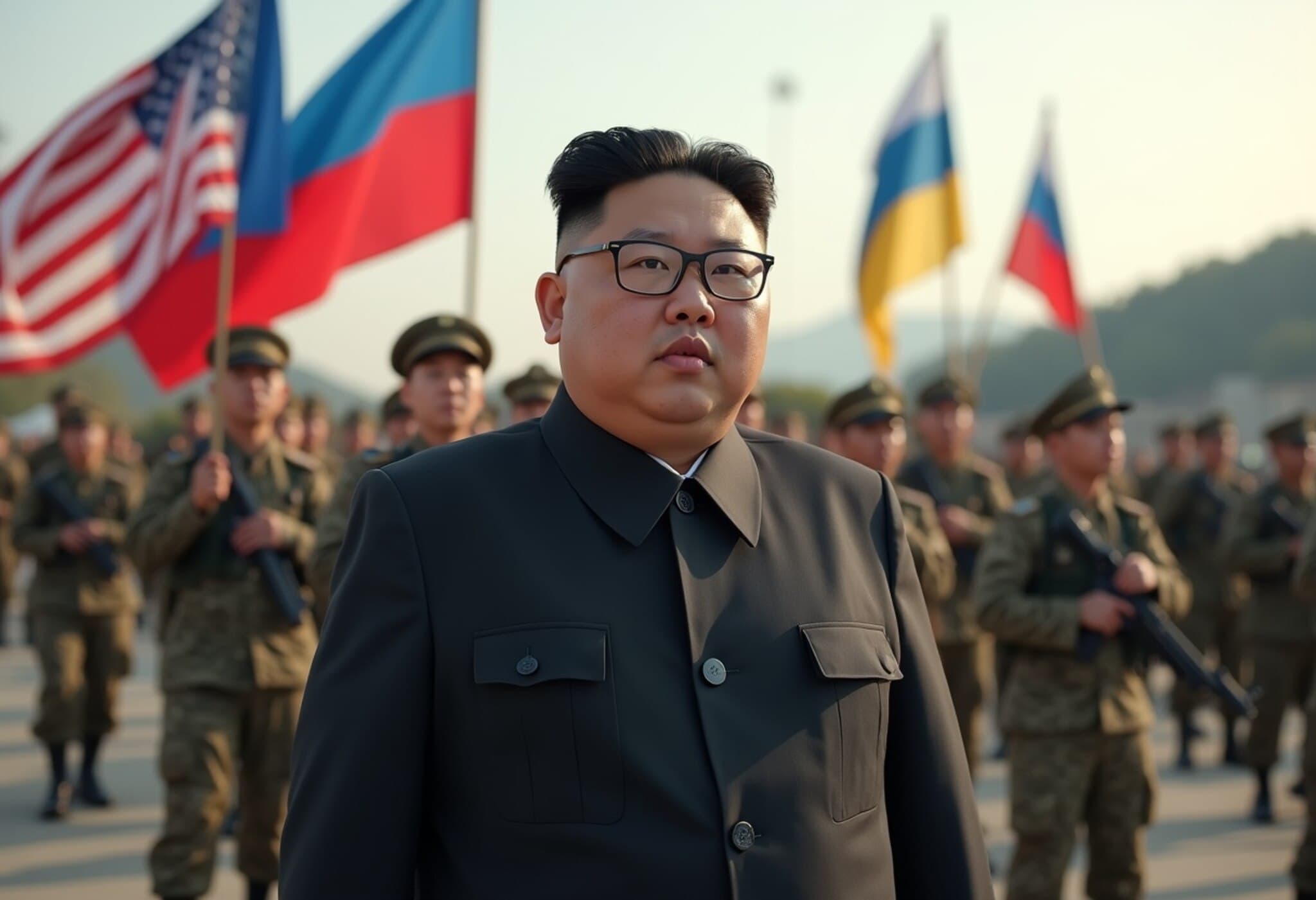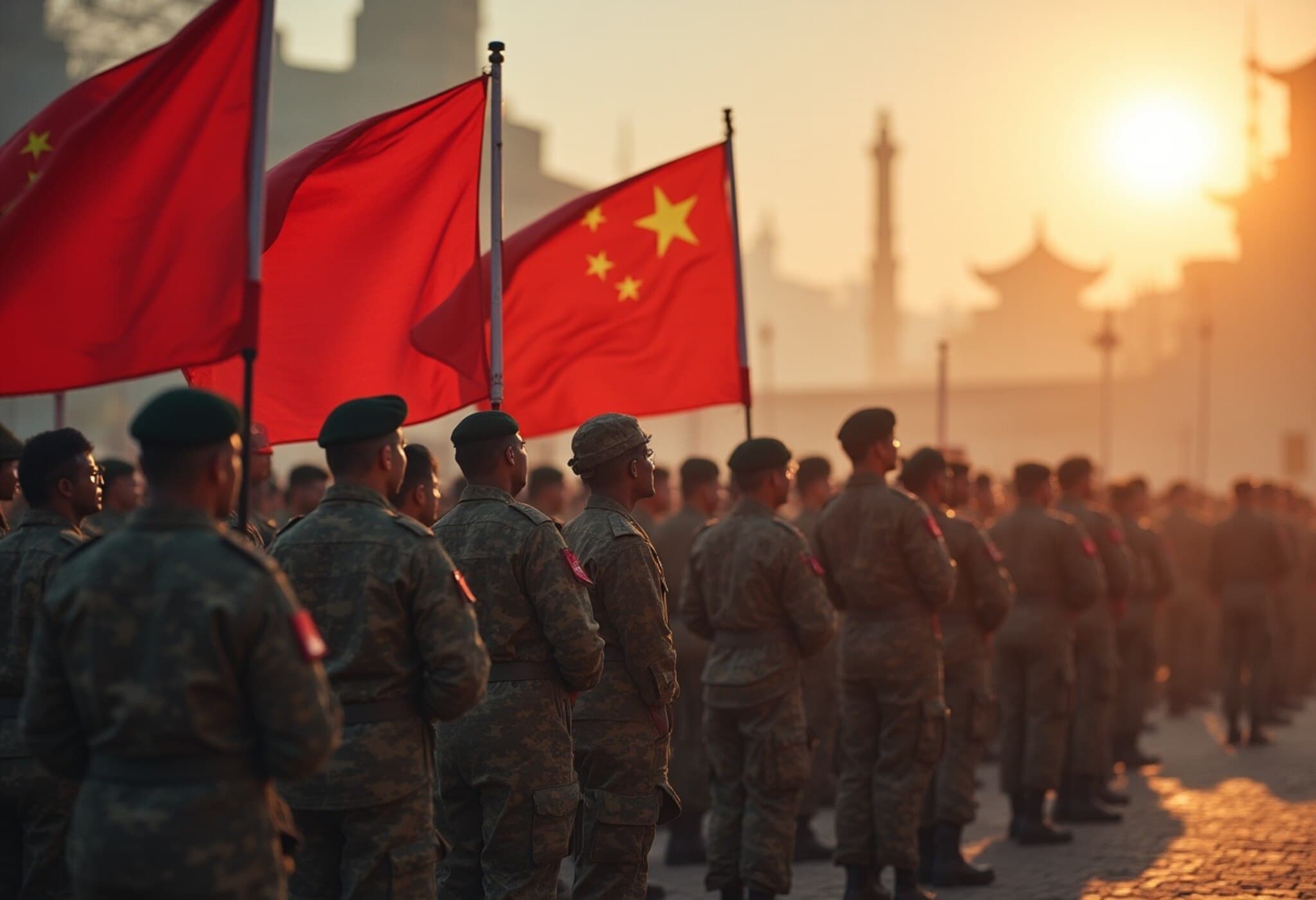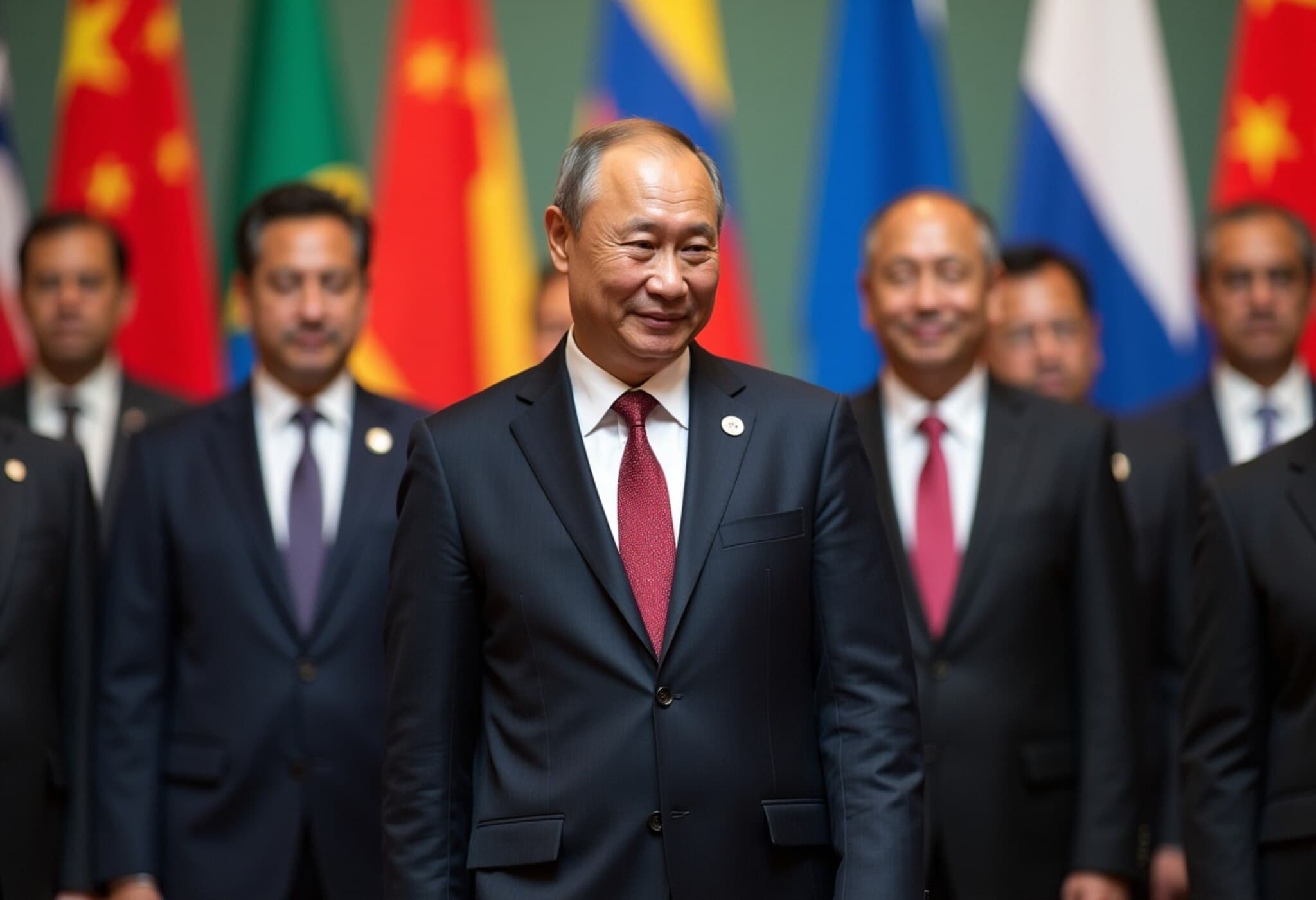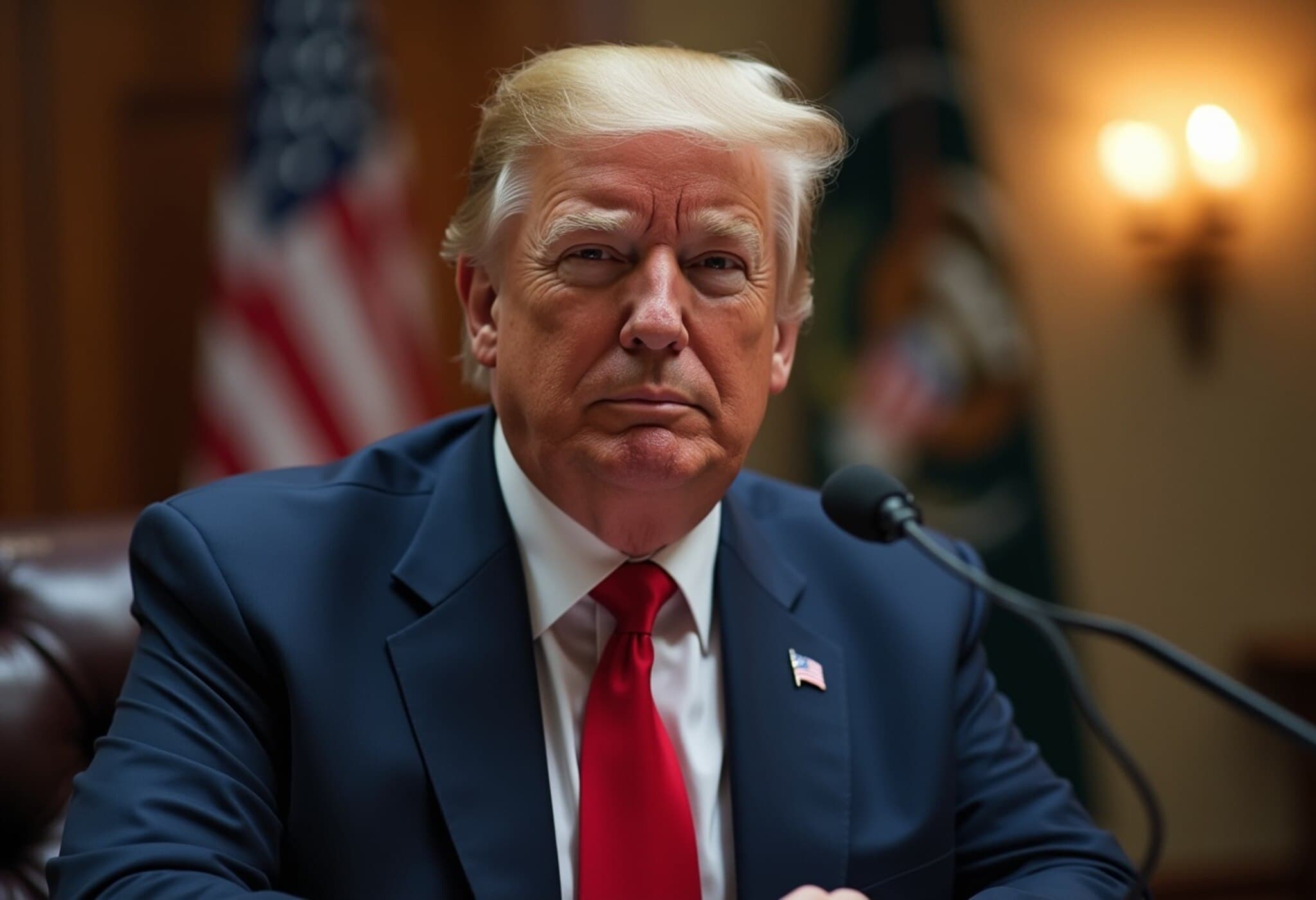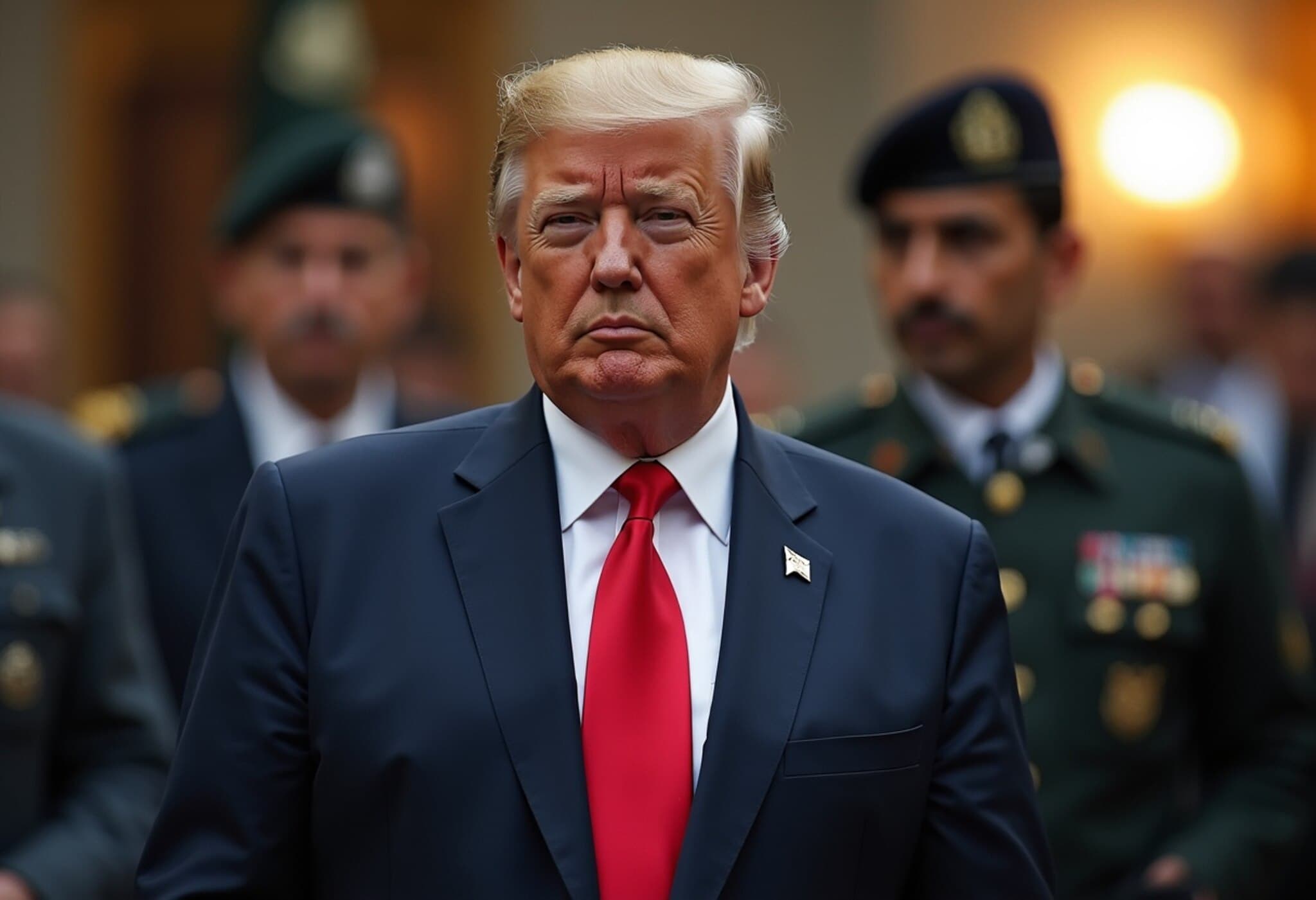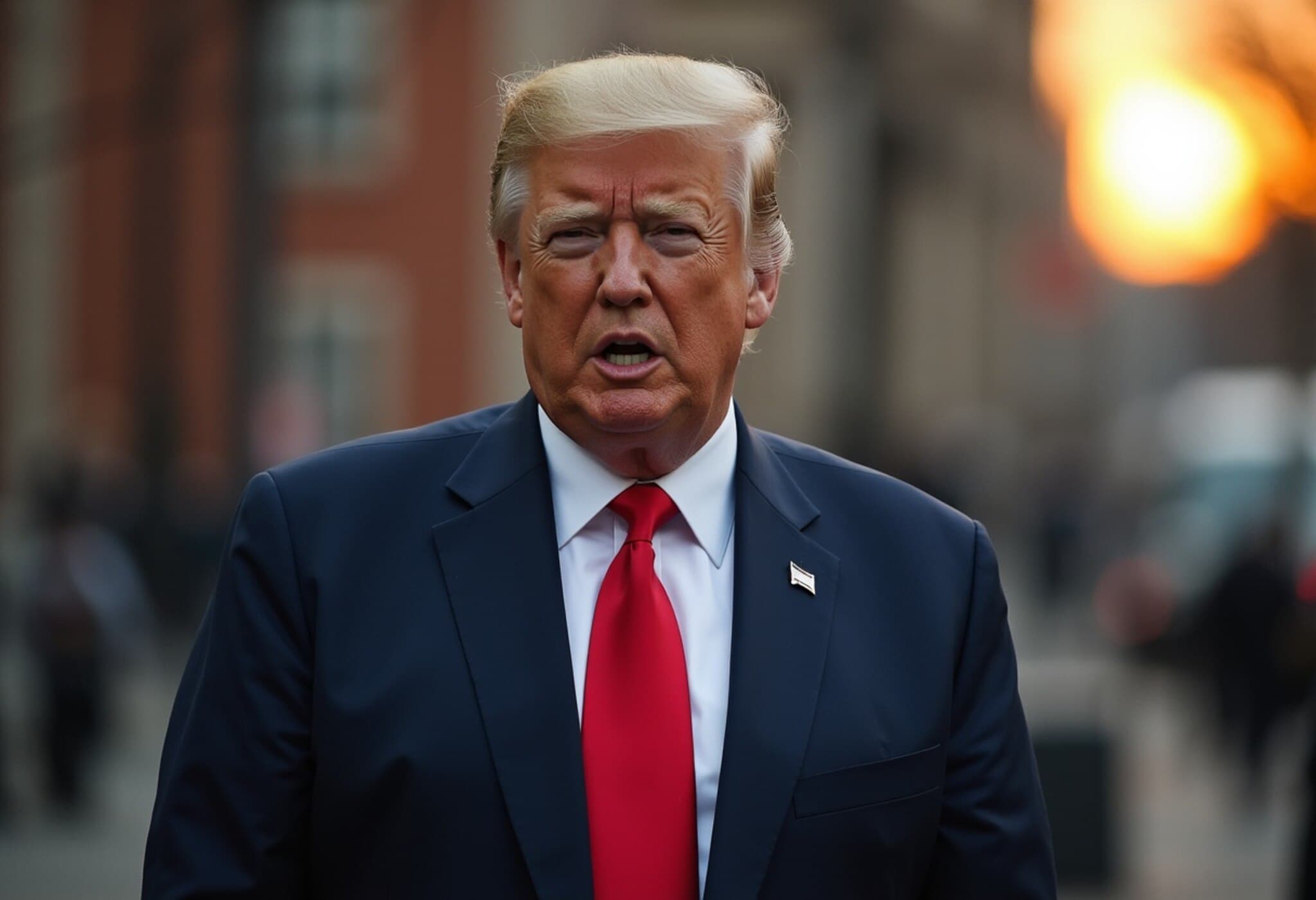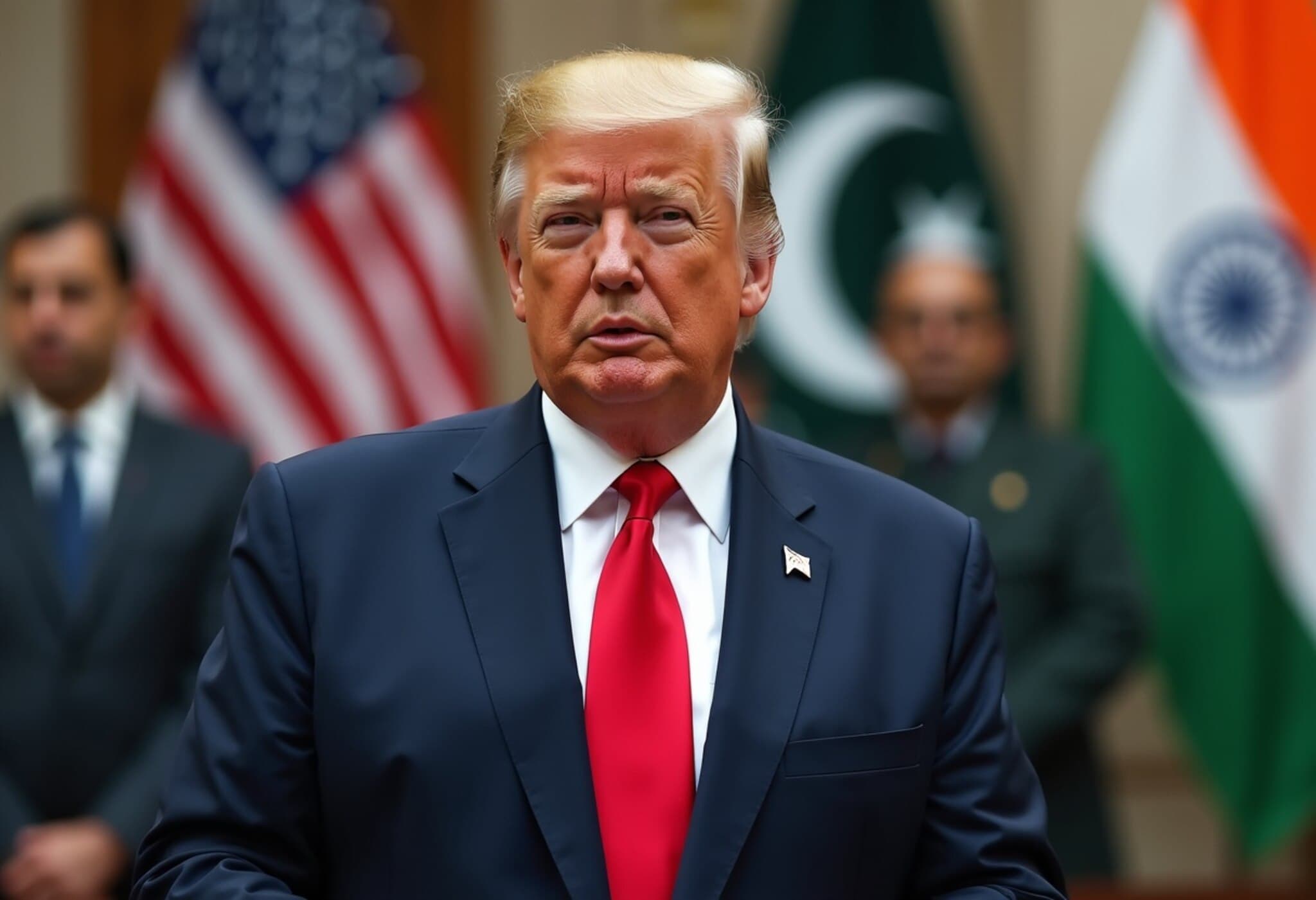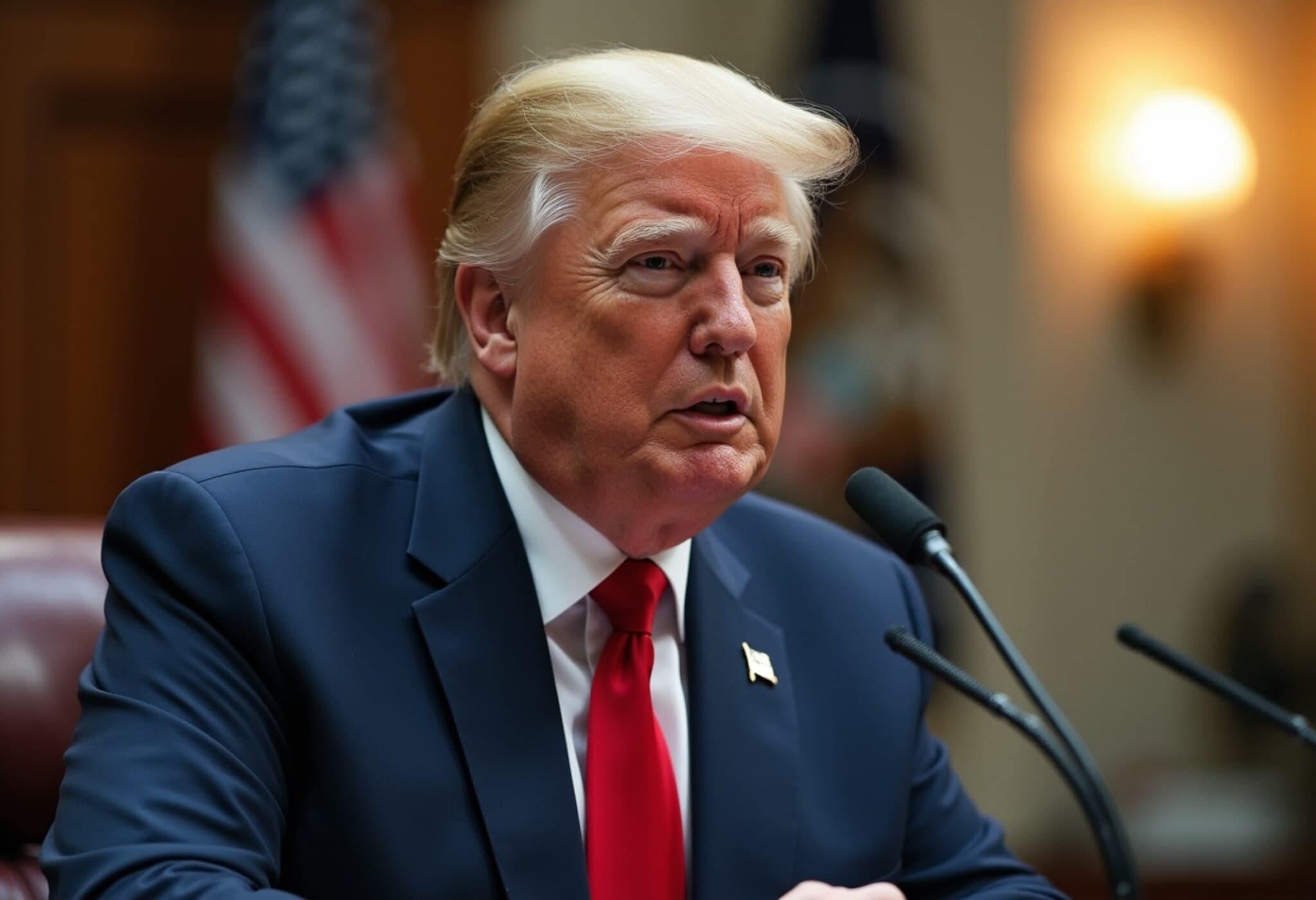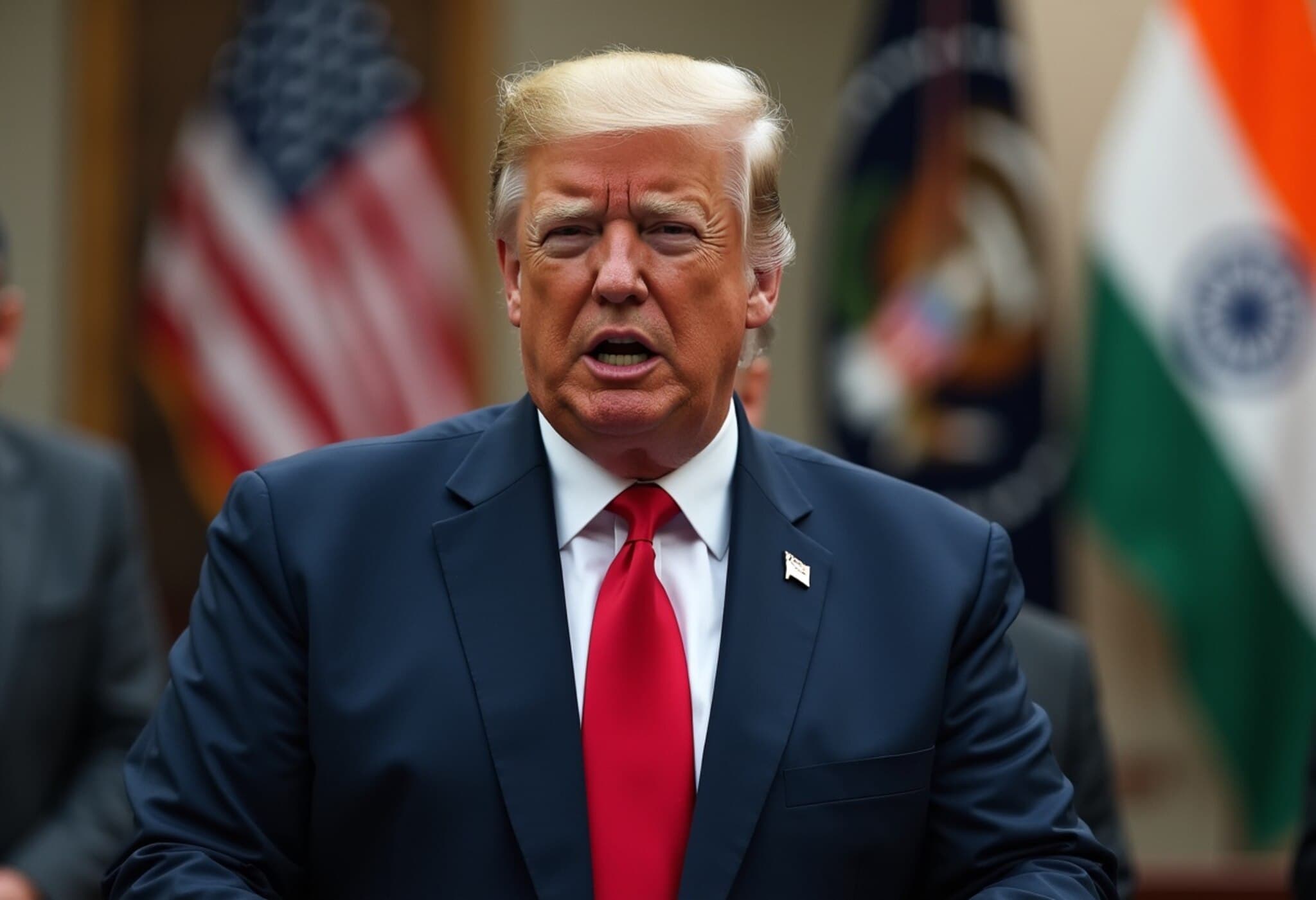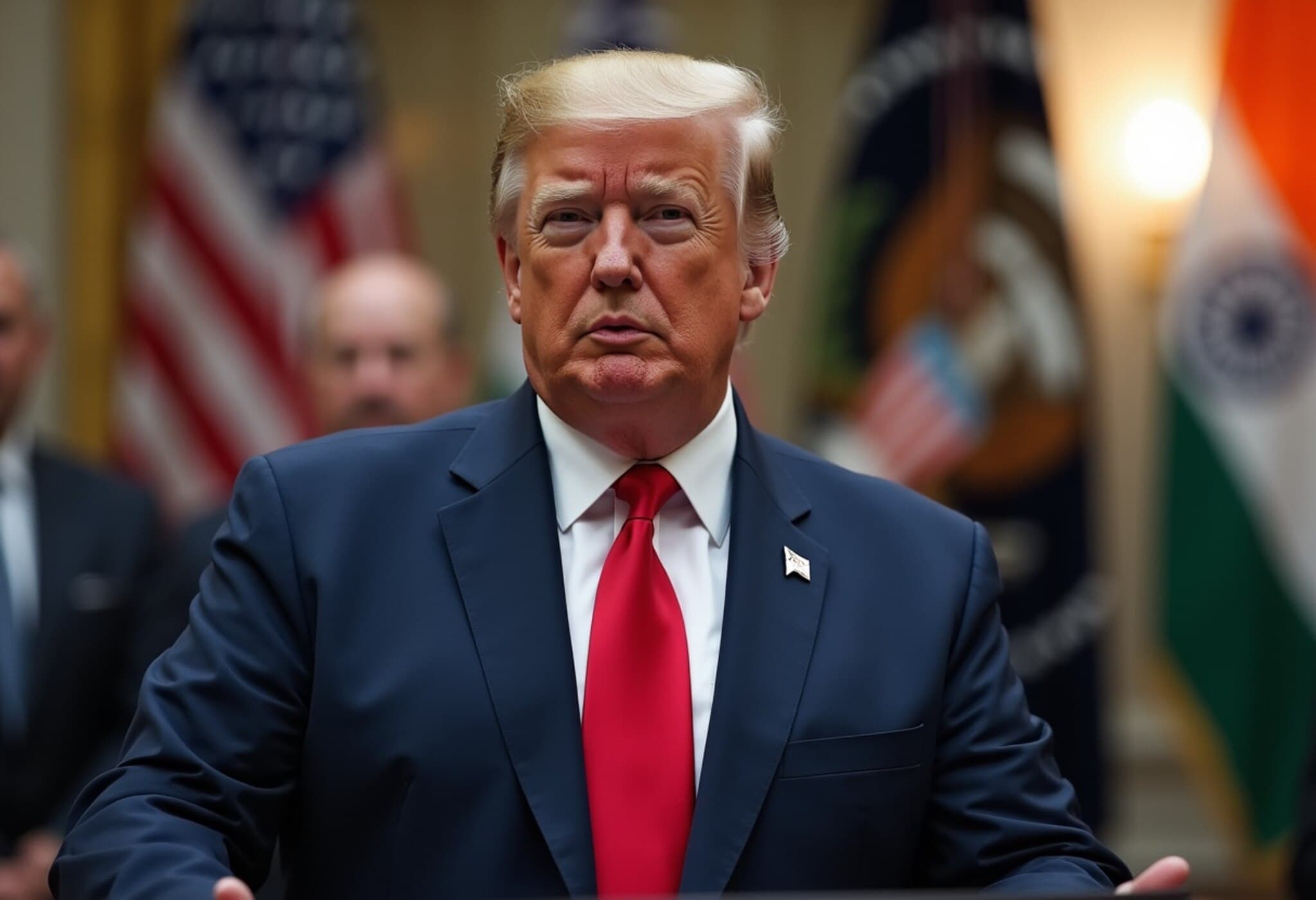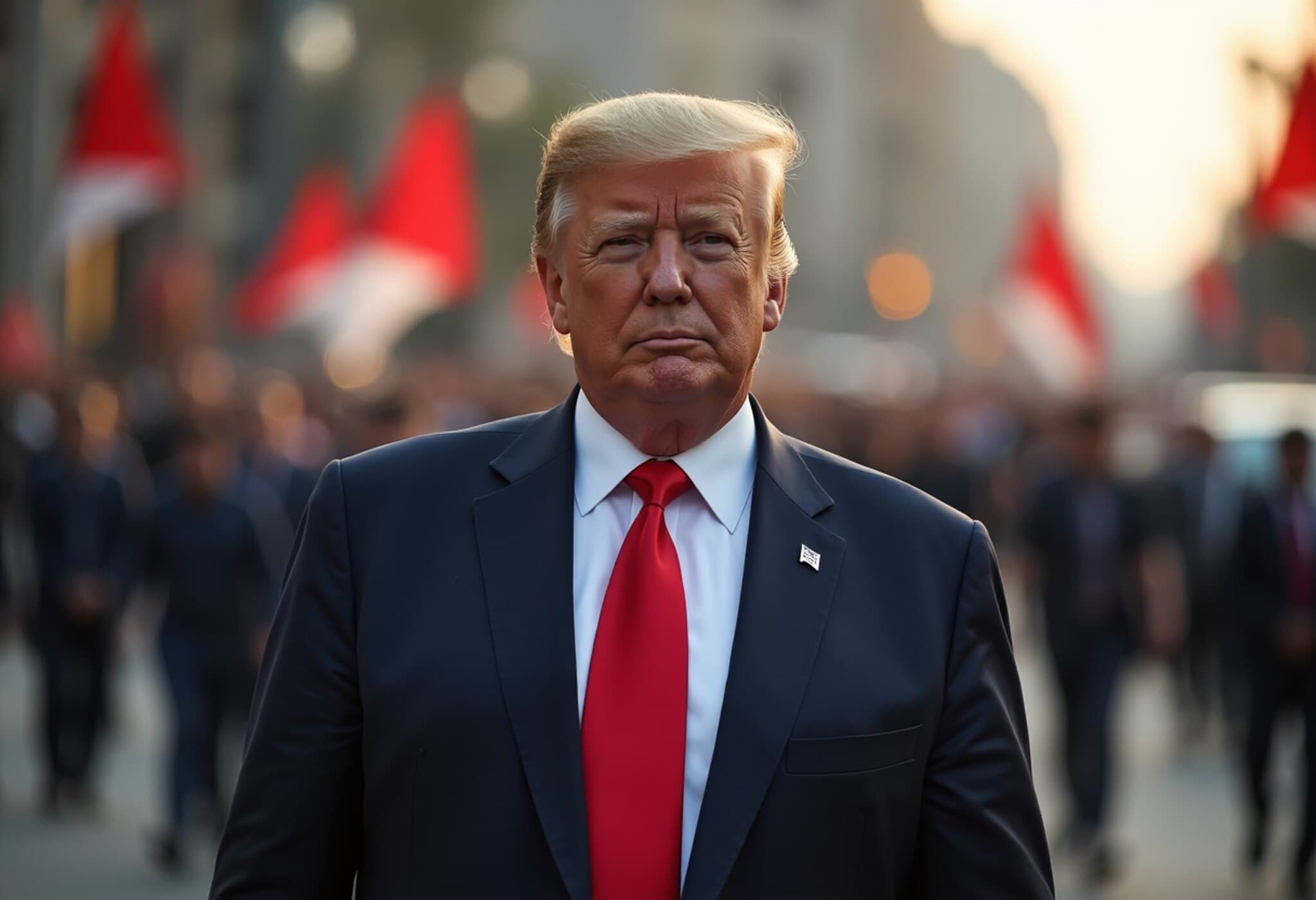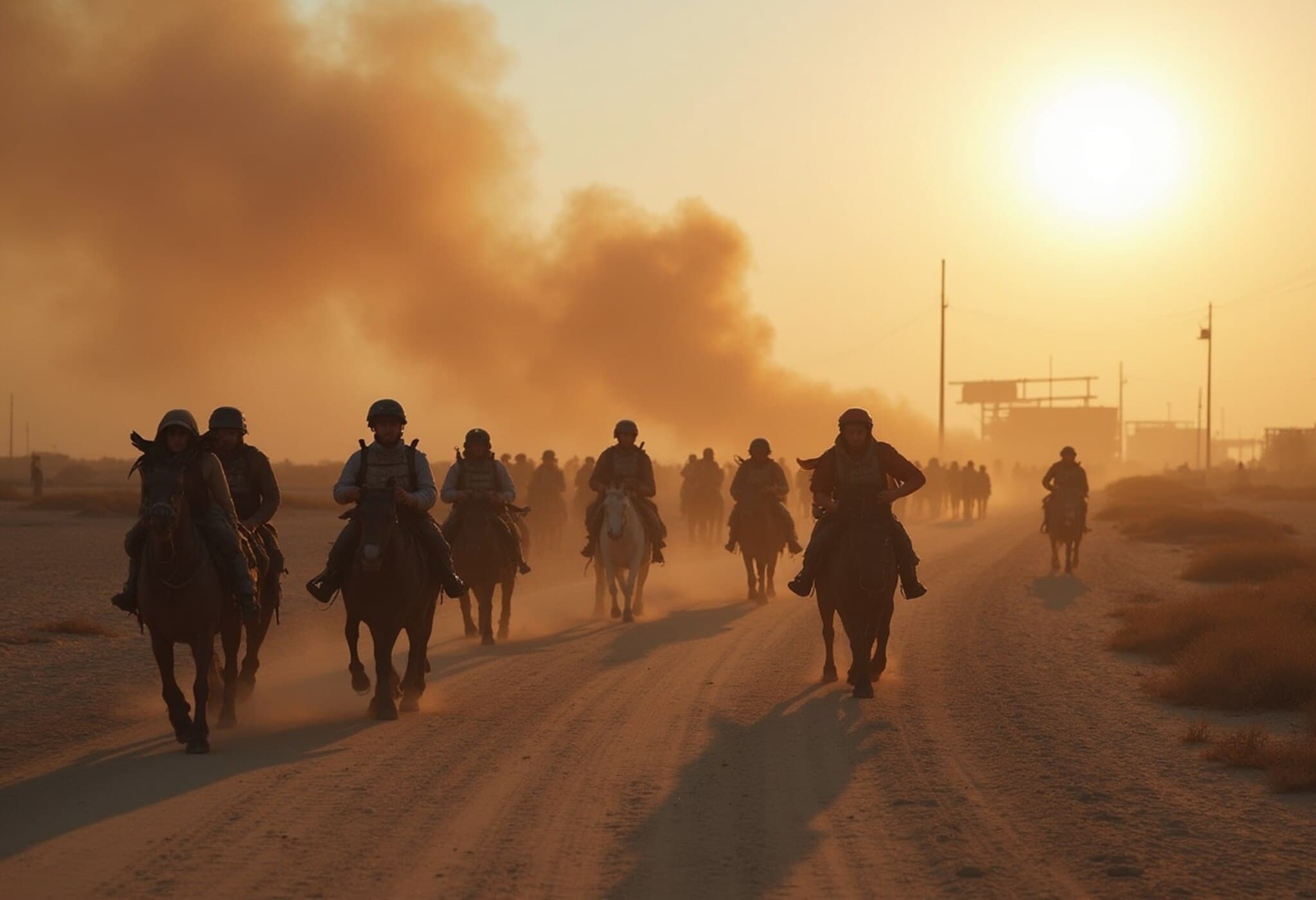Trump Reiterates Role in Defusing India-Pakistan Military Standoff
In a recent private gathering with Republican lawmakers at the White House, former US President Donald Trump once again asserted that his administration played a pivotal role in averting a potential war between India and Pakistan. Citing intense aerial combat where "four or five jets were shot down," Trump highlighted the high stakes given both countries' nuclear capabilities.
Diplomacy Through Trade: A Unique Approach to Peace
Trump credited trade negotiations as the primary tool used to de-escalate the crisis, stating: "We told them, ‘No trade deals while you’re throwing around weapons, maybe even nuclear ones.’” This framing links economic diplomacy with conflict resolution, portraying trade leverage as a means to maintain regional peace between two historically volatile neighbors.
He also drew parallels with efforts to curtail Iran’s nuclear ambitions, claiming to have “totally knocked out” Iran’s nuclear capability during his tenure, underscoring a wider US strategy aimed at global nuclear risk mitigation.
Contextualizing the India-Pakistan Conflict
The tension referred to erupted following a deadly terror attack in India’s Jammu and Kashmir region in April 2025, where 26 civilians lost their lives due to Pakistan-backed militants. In response, India initiated "Operation Sindoor," targeting terror infrastructures inside Pakistan and Pakistan-occupied Kashmir.
Pakistan retaliated with missile and drone strikes, all intercepted successfully by Indian air defenses, with the Indian Air Force conducting further precision strikes on key Pakistani airbases. This tit-for-tat raised regional and global alarms of escalating into a larger war.
How Did the Escalation Really End?
While Trump claims credit for brokering peace through trade threats, official accounts indicate that the breakthrough arose when Pakistan’s military chief reached out to his Indian counterpart to agree to cease hostilities on land, air, and sea. This move, alongside international diplomatic pressures, played a central role.
Experts suggest that although economic incentives can play roles in international relations, military de-escalation often involves direct diplomatic engagements and back-channel communications that Trump’s summary glosses over.
Reactions and Political Undercurrents
Trump’s remarks have stirred political debate. Congressional representatives have criticized the repetitive nature of his claims, questioning their accuracy and suggesting that Prime Minister Narendra Modi’s silence may signify discomfort with the narrative of trading off national honor for economic benefits.
Furthermore, political commentators and regional analysts emphasize the complexity of India-Pakistan relations, cautioning against oversimplified narratives crediting single actors or policies for peace in a decades-long conflict zone fraught with historical grievances, nationalism, and security concerns.
Expert Insights: Trade vs. Security
- American Policy Angle: Using trade as leverage in conflict zones aligns with US strategies leveraging economic sanctions or incentives, but its effectiveness heavily depends on the willingness of both parties to negotiate in good faith.
- Regional Dynamics: India and Pakistan’s conflicts involve deep-rooted religious, territorial, and political disputes. Economic ties have historically been minimal, and trust deficits challenge purely trade-based diplomacy.
- Military Realities: Air combats with jets being shot down, as Trump described, have significant implications for escalation, civilian safety, and diplomatic crises — matters typically managed with multilateral diplomatic interventions.
Why This Matters for Global Security
At the heart of this episode lies the ever-present risk of nuclear escalation between neighboring countries with longstanding animosity. The claims highlight how world leaders perceive their roles in crisis management and the narratives they promote to cement legacies.
As the global community watches closely, the reliance on military strength balanced against diplomatic engagement and economic leverage remains a delicate dance. Transparent, multifaceted approaches are crucial to sustaining peace in volatile regions.
Editor's Note
While Trump’s narrative brings attention to a critical geopolitical flashpoint, the real story underscores the complexity of peacekeeping in South Asia — a region where history, nationalism, and diplomacy intertwine tightly. The intersection of trade and security remains a pivotal but often misunderstood tool in international relations. As policymakers and analysts dissect these claims, critical questions remain: How much can economic policy truly influence entrenched conflicts? And to what extent should leadership claims shape our understanding of diplomatic achievements?

